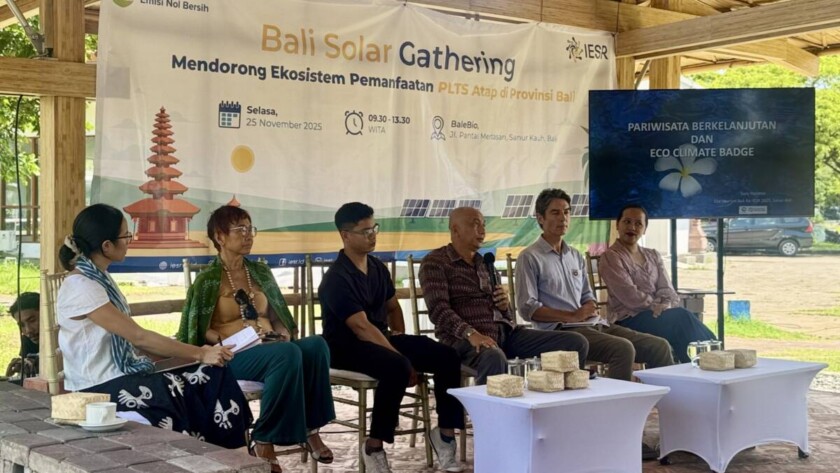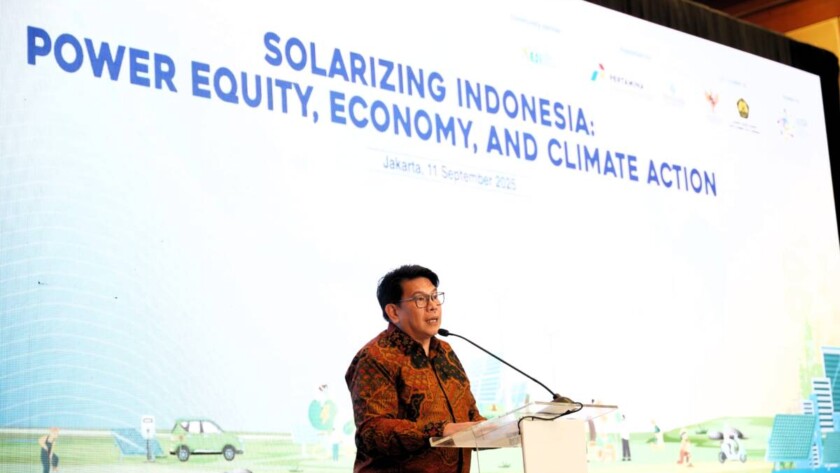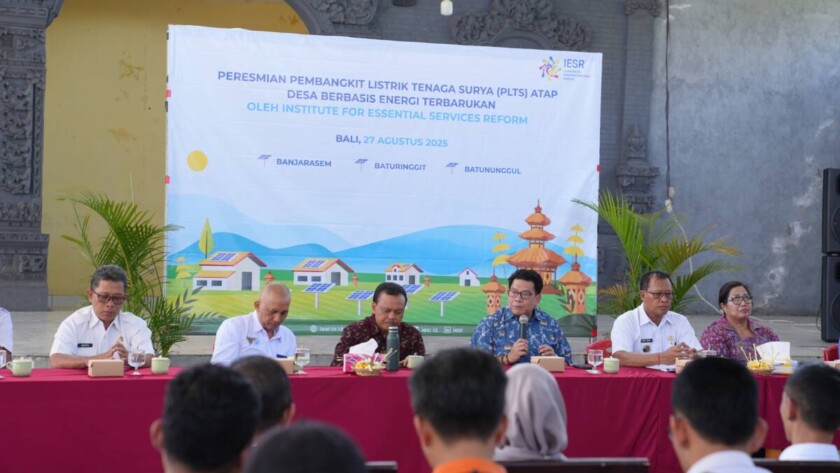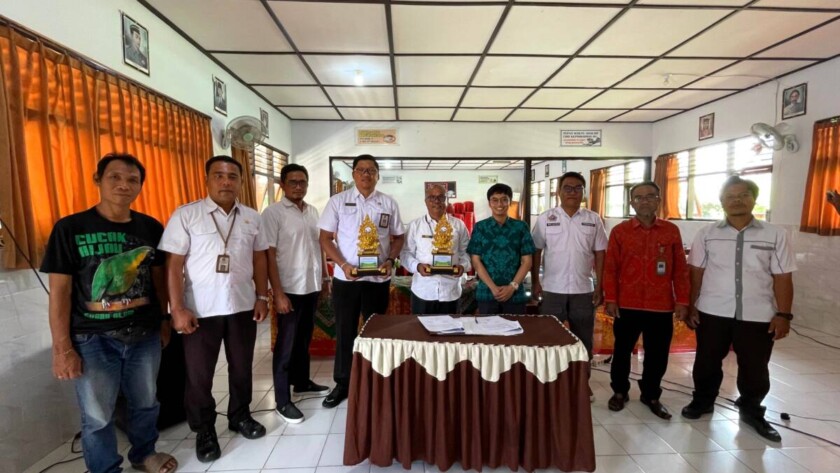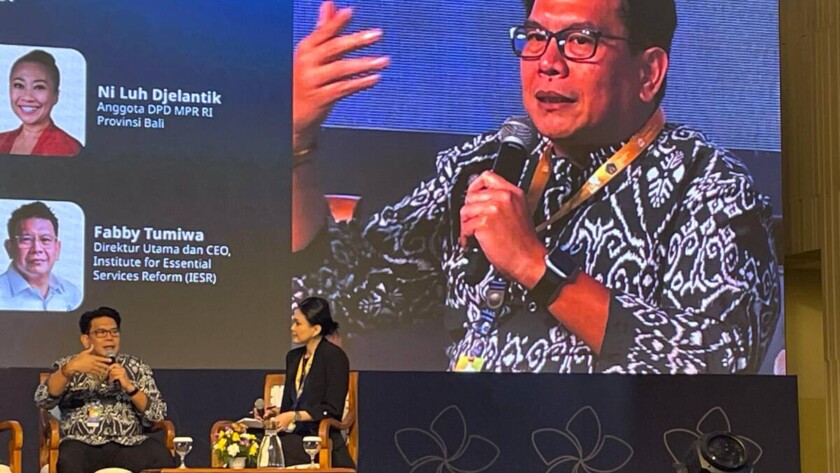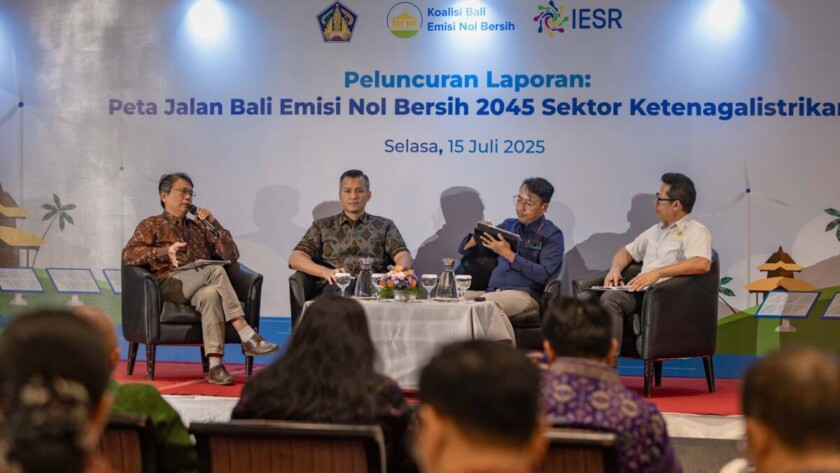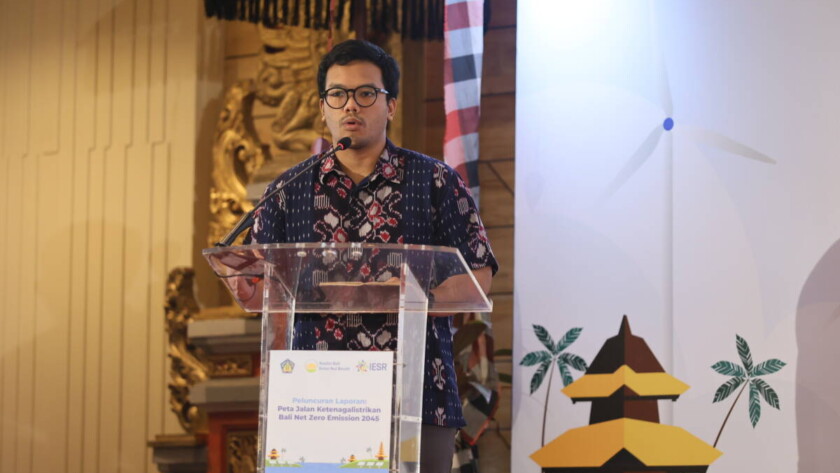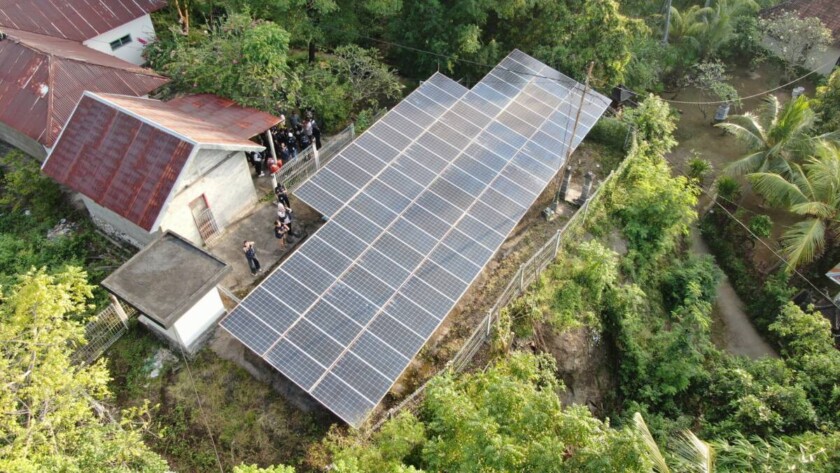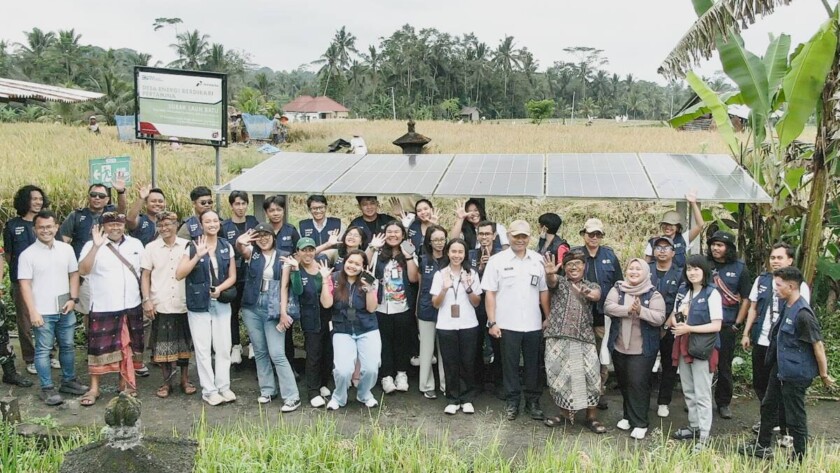Denpasar, 25 November 2025 – The high level of activity in Bali’s tourism sector makes electricity a fundamental need, especially with the increasing number of accommodation facilities, shopping centers, attractions, and growing mobility. Looking at trends over the past two years, which show that the largest electricity consumption, around 50%, comes from the business sector…
